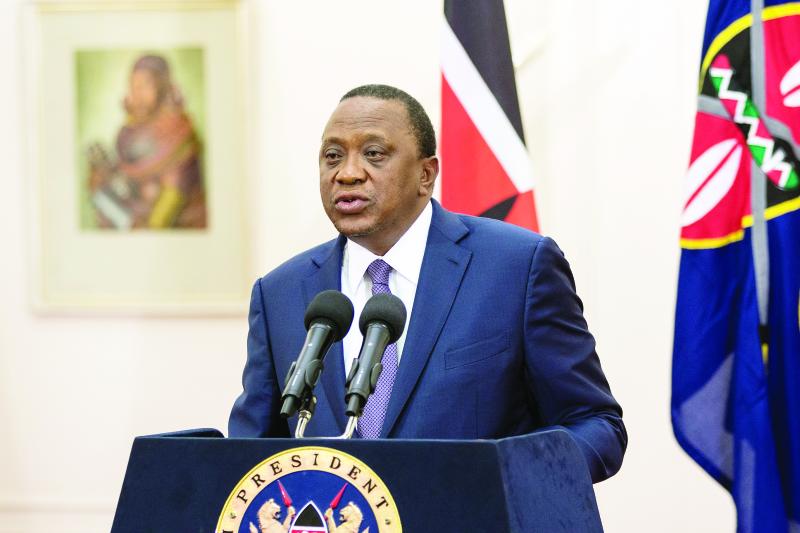
When the history of today’s happenings in Jubilee Party is written, it will be a choice between two extremes. It will be cast either as the triumph of political party discipline over truancy, or an unfortunate rollback from democracy to dictatorship of the Executive through the political party.
The ongoing purge in Jubilee comes in the wake of assertive intransigence by people previously seen as diehard party honchos. Senators Kipchumba Murkomen and Kithure Kindiki, who have been removed as Senate Leader of Majority and Deputy Speaker, respectively, gained the notoriety of party servility in the first five years of the Jubilee rule.